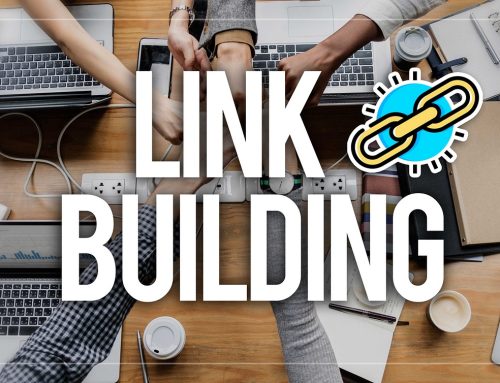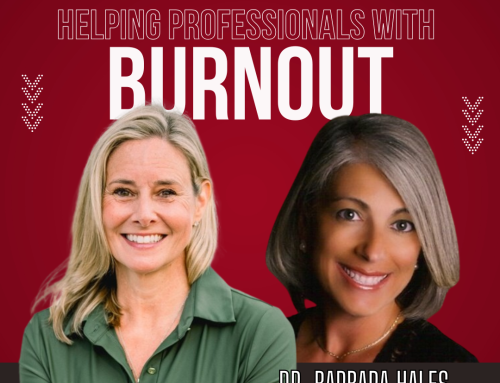As acquiring healthcare becomes more confusing and more difficult, people will seek answers to their health questions in record numbers. Will they find you there?
Social media has played one of the biggest impacts to the healthcare industry and continues to do so. Let’s take a look at some ways that it has made inroads to everyone’s healthcare.
Social media improves the quality of care delivered to patients, according to 60% of doctors surveyed. (source: Demi & Cooper Advertising and DC Interactive Group)
This picture shows that physicians view social media as an effective avenue to improving healthcare delivery to their patients. As we transition into a patient-centric model where people take a more active role in choosing their healthcare options, and which ones would be the most effective for them, more and more people will participate in social media for these decisions. Having doctors on site to provide solutions to their problems will make information more reliable, and improve the quality of care.
A recent study showed 54% of patients are very comfortable with their providers seeking advice from online communities to better treat their conditions. (source: Mediabistro)
Patients want to feel that their doctors are up on the latest information and flexible enough to listen to what patients have to offer. While doctors can speak from experience as well as knowledge, patients experience the actual problems. By sharing these unique symptoms, a better picture for the correct diagnosis or more efficient treatment emerges. Sharing of data, stories and information among like-minded people, improves healthcare. Take a look at celiac disease and gluten sensitivities as an example. The exchange of relevant information has raised awareness of those with symptoms and informed physicians about available tests for diagnosis. For those people who were told that they had a “nervous stomach” or irritable bowel syndrome, they could now seek out a diagnostic test and dietary treatment for their symptoms. The exchange of relevant information has elevated the group of symptoms into an appropriate diagnosis and proper care.
Unlike participation in online communities which are restricted only to doctors, 66% of physicians are using open forums and chat rooms for professional purposes.
The perception of social media as a valuable resource for exchange of health information is making inroads into the entire healthcare community.
60% of physicians discover what colleagues are discussing and sharing online.(source: Health Care Communication)
Not every doctor actively participates in social media, but is hanging out there. Some feel more comfortable being “the fly on the wall” and passively viewing conversations and shared content in their network. Doctors are learning valuable information through conversations and information exchanges.
Security Issues
Social media guidelines are now in place by 31% of healthcare organizations to guarantee that while social media can spread the appropriate messages, that security and HIPAA issues are in compliance.
In fact, 26% of hospitals in the U.S. engage in social media as well as physicians. (source: Demi & Cooper Advertising and DC Interactive Group) This is crucial for open lines of communication with patients. It is also important for hospitals from a marketing standpoint to attract patients to the facility instead of competing hospitals.
Are you engaging in social media? Feel that you would like to but don’t have the time?
No problem. Contact Barbara@TheMedicalStrategist.com for help



